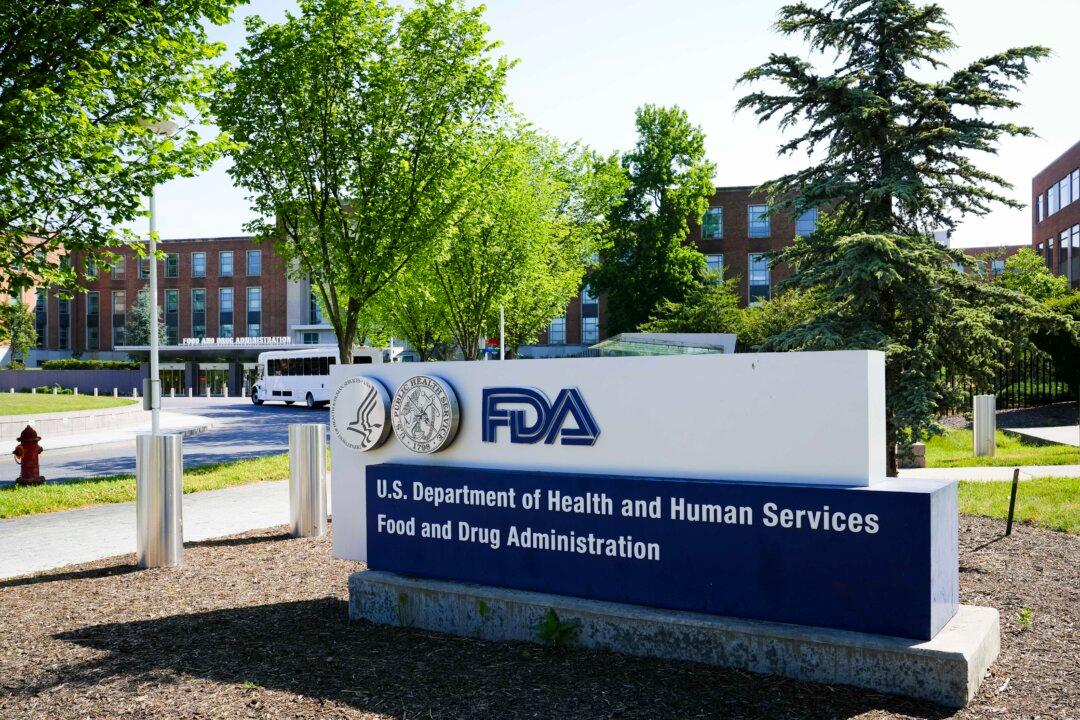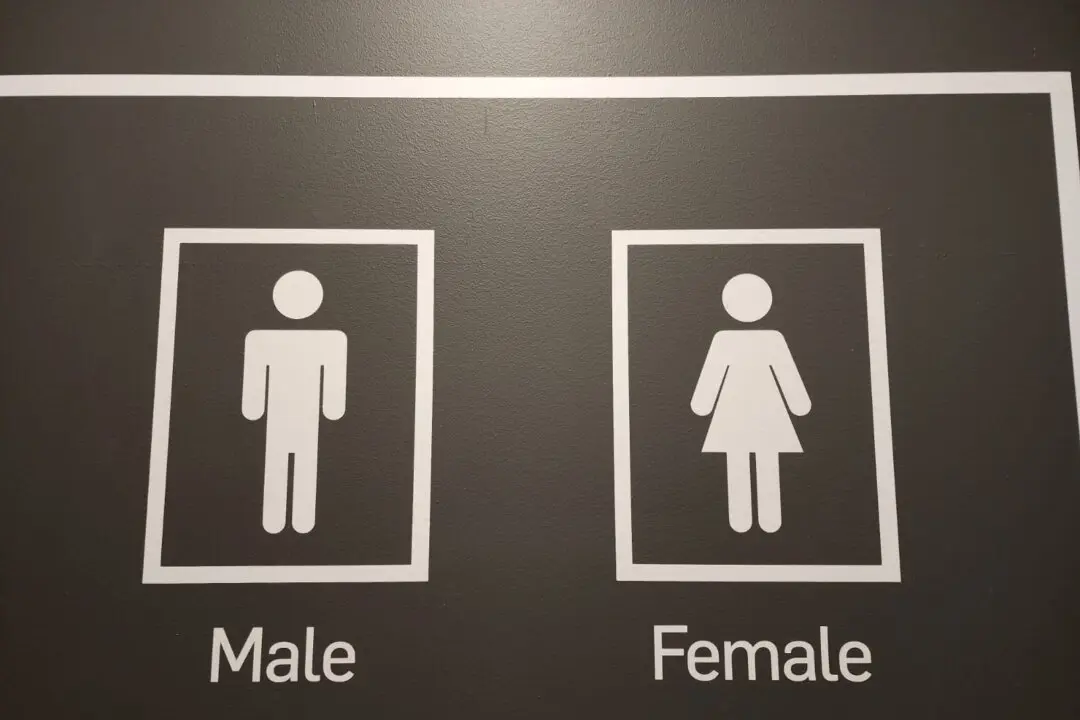The U.S. Food and Drug Administration (FDA) granted its first marketing authorization for a DNA test that can determine the likelihood of a person developing certain types of cancer.
On Friday, the FDA granted marketing authorization for biotech firm Invitae’s “Common Hereditary Cancers Panel,” a blood test to identify cancers. The test evaluates DNA extracted from a blood sample to identify hundreds of genetic variants known to be associated with a higher risk of developing cancers like those affecting the breasts, ovaries, prostate, uterus, colon, rectum, and stomach. As such, it offers a simpler way to identify the likelihood of developing cancer. The test can identify variants in 47 genes.






